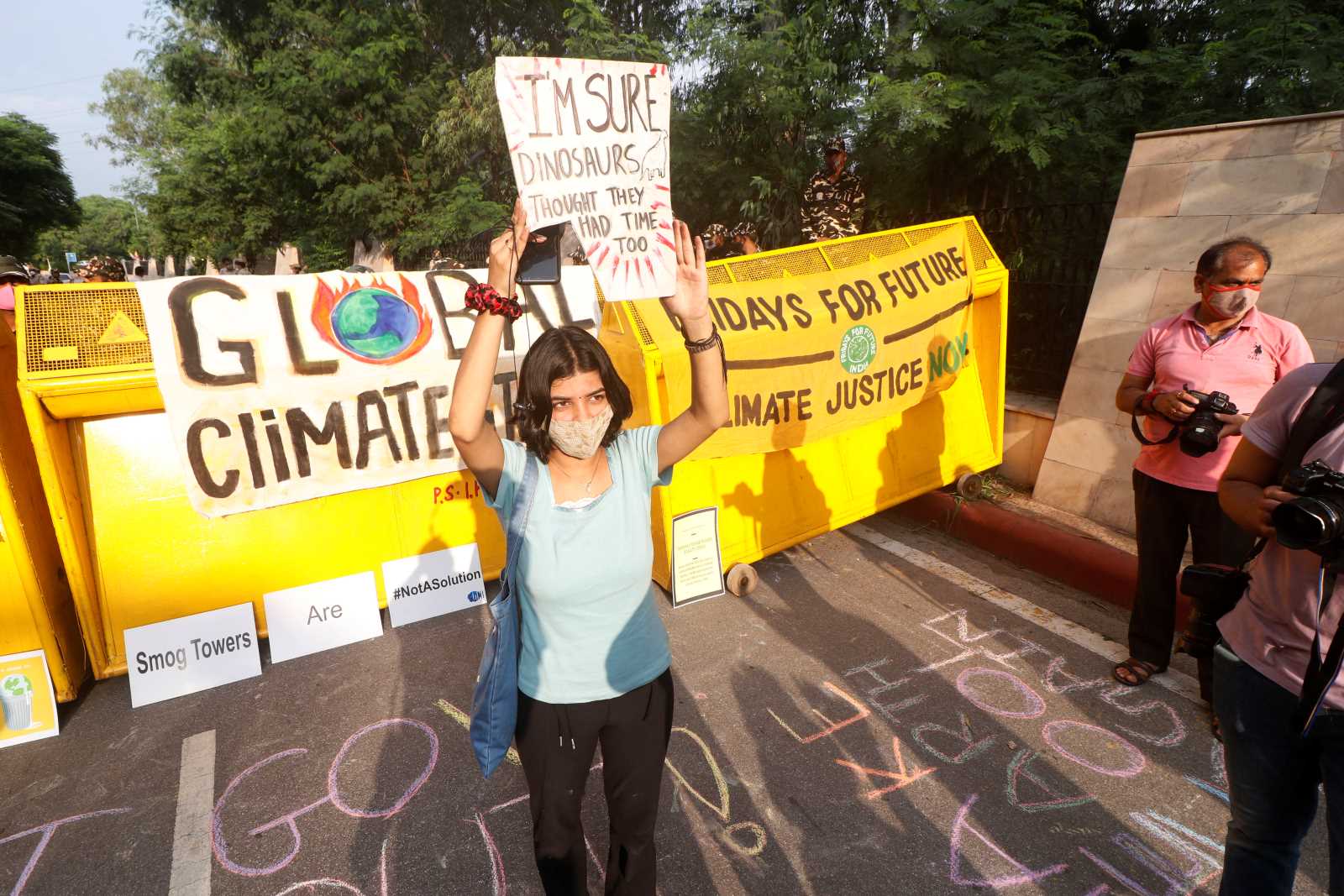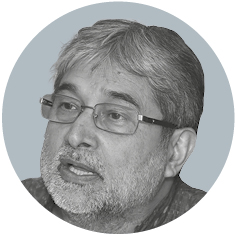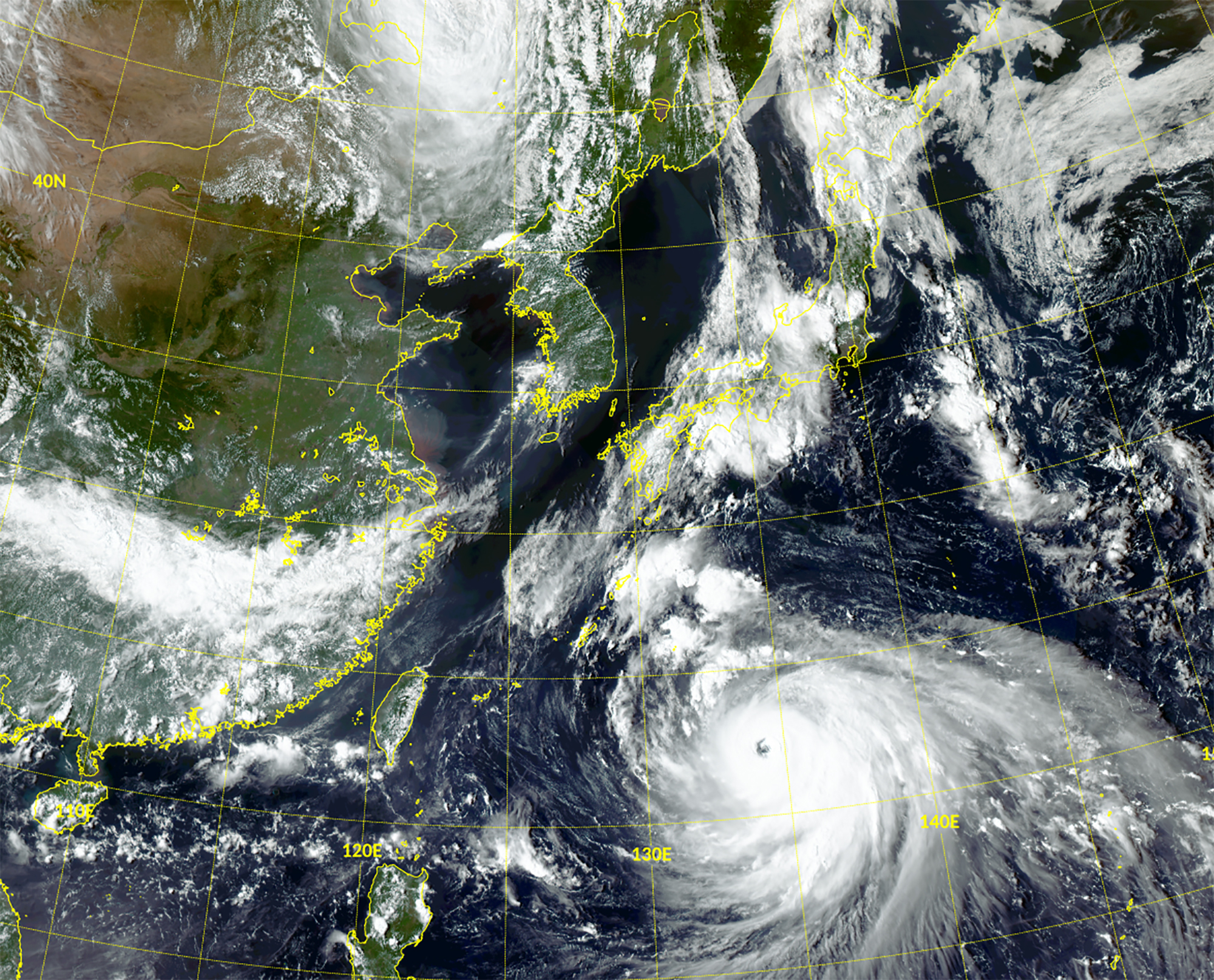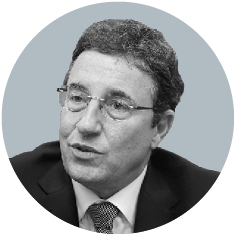Multilateral agencies
Less foreign, more local
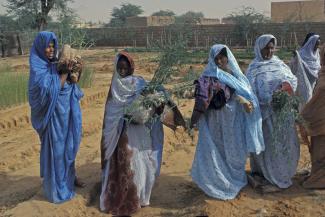
The UN Development System (UNDS) is part of a new global order and key to managing global concerns. It has emerged gradually over the last five decades, as a response to the demand of poor countries for a greater control of aid. Today, the UNDS consists of over thirty UN bodies (excluding the World Bank and other multilateral financial institutions) that are active in development.
Some of the larger organisations like the UN Development Programme (UNDP), UNICEF, the World Health Organization (WHO), the Food and Agricultural Organization (FAO) and the International Labour Organization (ILO) are well known. Many of them have both operational and normative functions, and they often have representation offices in developing countries.
In past times, policies on issues such as economic development, poverty reduction, good governance, human rights, rights of children and women, and environmental management were largely left to national governments. These issues are now of concern to the international community. The UNDS is empowered to address these issues; it can provide assistance and monitor developments.
The objective of the UNDS has to be to improve domestic policies on these issues. Therefore, the UNDS bodies need to establish close working relationships with national governments and civil-society organisations. The UN must not be seen as foreign entities interfering in domestic policymaking, but have to be viewed as an integral part of national institutions, albeit offering an international dimension to domestic polities.
To this end, UNDS entities have to develop new policies, new approaches to self-governance and new kinds of cooperation with national agencies. There has to be a shift from the current practice of attaching much importance to intergovernmental and international discussions in places like New York and Geneva to a closer engagement with national and local governmental units.
The circumstances that led to the creation of the constituent parts of the UNDS from the 1940s on have changed dramatically. One of the main reasons why bodies such as UNDP and UNICEF were created was to provide a multilateral counterweight to the growing influence of bilateral donors and the international financial institutions they dominate. Developing countries felt more comfortable with the UN.
This has changed. Aid is less influenced by colonial and commercial connections, and the role of UNDS in aid provision has declined. According to recent figures of the OECD Development Assistance Committee (DAC), the total core funding from the UNDS is about $ 4 billion annually – a mere three per cent of global official development assistance (ODA).
Another major change is the growing reliance of the UNDS on non-core funding from bilateral donors. The UNDS has assumed the role of a contractor channelling bilateral donors’ funds to developing countries. It has little control over what these funds are used for. Furthermore, there has been a blurring of the distinction between ODA and humanitarian aid. The latter is increasingly undertaking traditional developmental tasks – for instance in areas such as education and health – especially in countries facing long-lasting crisis situations. There is obviously an argument for giving preference to humanitarian aid, as it is crucial for the more vulnerable and fragile countries in the world.
Another important development has been the growing differentiation among developing countries. There is no third-world of poor countries in contrast to the rich developed world anymore. Development aid, especially through UN bodies, is targeted at a smaller number of countries. It focuses on 50 to 60 of them, which is less than half of all developing countries.
There has also been a major change in the definition of development itself. It is no longer confined to economic and social aspects, but is now concerned with political issues. Governments are increasingly calling upon the UNDS to address issues such as good governance, human rights and the role of women and children, as UN bodies have a comparative advantage in addressing them. For the UNDS to remain relevant, some radical reforms are required. The key concern should be to make UNDS a friendly and acceptable partner to the developing countries it is dealing with. It is therefore suggested that four aspects should be revisited.
1. Governing bodies
In developing countries, the UNDS bodies usually interact with the ministries of foreign affairs. But these have little experience with establishing on the ground relationships between the UN bodies and relevant national organisations. Developing countries, especially the more vulnerable and fragile ones, do not have the capacity to interact with UN entities at this level.
It is therefore important that discussions shift from government bodies to country-level forums of the UN system. The model could be the Consultative Group (CG)
system of the World Bank. Discussions take place directly with relevant government agencies rather than the foreign offices.
Furthermore, the current system of having a Permanent Representative (PR) to these UN bodies – who are largely from the ministries of foreign affairs – should be terminated. It would be better to bring in relevant officials from appropriate government agencies. The PR system has led to an overriding concern with administrative and personnel matters of UN entities and the neglect of discussions based on substantive development experience. It has also led to politicisation of the system instead of a focus on substantive development agendas. A change in the PR system is especially important as UNDS entities are required to shift their attention to political and social issues such as human rights and good governance.
2. The quest for coordination
For quite some time, the UN has pursued the goal of better coordinating the UNDS at the country level. For this purpose, they have appointed a country-based UN Resident Coordinator (UNRC). Experience tells us that this quest for coordination is fruitless.
Core UNDS funding has declined and most entities now depend on non-core funding from bilateral donors. This sort of funding cannot be coordinated by an UNRC, as the UN entities are answerable to the respective bilateral donor. And even for core-funding activities, a UNRC is not needed. There is very little to coordinate between funding for the health sector by UNICEF or WHO and technical assistance from UNCTAD for trade or from UNDP for governance.
What is most important is that each UN body relate in the most effective way possible with the national government agency concerned – for example, UNICEF with the ministries for health and education, or FAO with the ministry of agriculture. Each UN body needs to be embedded in the relevant national institutions, and that cannot be achieved through coordination.
3. Differentiation and selectivity
It can be argued that the UNDS is significant to only 50 or 60 countries in the developing world. In the other 100 or so developing countries, the UNDS contribution is only peripheral; it often only monitors the UN development norms. The 50 or 60 countries concerned are mainly vulnerable and fragile states. The distinction between development aid and humanitarian aid has blurred there and there is scope for more coordinated approaches. However, it is not coordination between UNDS entities that has to improve, but coordination between the UN bodies and other bilateral and non-UN multilateral bodies, such as the regional multilateral development banks. UNICEF and UN Women could coordinate their activities with bilateral donors in areas such as health and education and the rights of women and children, for instance. Finally, UNDS country offices should be stronger in fragile countries haunted by fragile statehood. In countries like China or India, on the other hand, its contribution can only be marginal, so the offices need not be as strong.
4. The UN Field System
One of the understated and undervalued achievements of UNDS is the evolution of a UN Field System (UNFS): most UNDS country offices are manned by local personnel and not by international civil-service personnel. The UNFS is a vital resource, especially for the poorer developing countries, and can be an important and integral part of the development process. So far the practices and procedures for recruitment, training and placement of UN field staff have been disjointed. They need to be streamlined to bring about greater coherence. The UNFS can fill critical gaps in the technical capacities of national institutions.
Leelananda de Silva was a senior official in the government of Sri Lanka, where he dealt with non-alignment, North-South and UN issues. From 1978 to 1982 he was executive-secretary of the Third World Forum in Geneva. He has worked as an international consultant to various UN bodies as well as the Geneva-based Inter-Parliamentary Union.
ucrajpe@ucl.ac.uk
